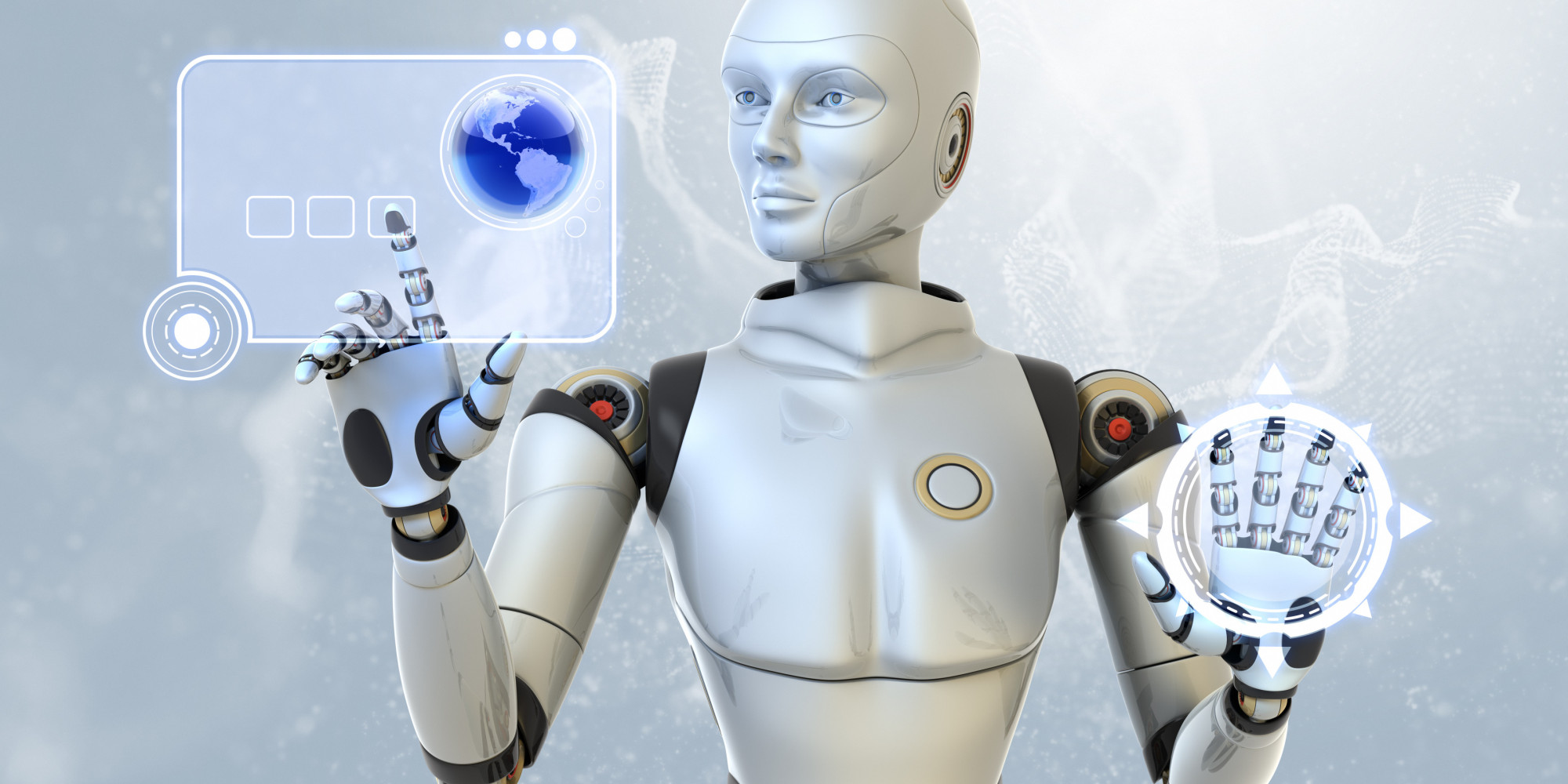Artificial intelligence (AI) is slowly making a shift from the research and development stage to touching our lives wherever we go. With so many applications to choose from, it can get confusing as to what exactly artificial intelligence will be able to do over the next five to ten years. Here’s a glimpse of the different areas in your life where AI can make a major difference.
First of all, who are the companies at the forefront of this?
The list is long, but you know these companies: IBM, Apple, Amazon, Facebook, Microsoft and Google are currently the biggest players in the artificial intelligence space. But their AI is not about promising you a better future; it’s about giving you a taste of AI right now so you demand more of it as time goes by.
Artificial Intelligence in Healthcare
IBM is revolutionizing the healthcare segment with Watson. Essentially, what Watson does is to go through billions of data points, medical images and publications to pinpoint your exact condition, and then helps recommend the best course of treatment to your doctor. Mind you, it will never replace your doctor, but it will make diagnosis faster and treatment more accurate. For example, here’s what IBM announced at United States Vice President Joe Biden’s Moonshot Summit 2016.
According to IBM’s General Manager for Watson Health Deborah DiSanzo, there’s nearly $800 billion worth of waste within the healthcare system for various reasons. The company is going all out to ensure that you and I – the beneficiaries of the healthcare system – are getting affordable, accurate and timely care when we need it. Several other companies are doing the same thing in their own way, but the common thread of improving our lives runs through all of them. So what if they make money in the process? That’s what capitalism is all about, right?
Artificial Intelligence in Technology
This is where the real action is. Today, AI “bots” are available as virtual assistants on our smartphones and other devices. Siri, Google Now, Cortana, Alexa and others are AI products that are only scratching the surface of artificial intelligence capability. Someday, you’ll be able to fire your secretary and hire a virtual one, who can book your tickets, manage your schedule, do your books and maybe even do a few meetings for you.
There are already domestic robots that do the cleaning and dusting, and Google is researching several safety standards that robots of the future must adhere to if they’re to be certified safe around your home. In fact, did you know that they already have a checklist for robots of the future?
Artificial Intelligence in Business
Within the capital markets, several algorithm-based trading tools are already available, and they look like they’re getting smarter that human traders with years of experience. German company Neokami is already developing a platform that can predict prices in stock movement, and there are plans afoot elsewhere to create hedge funds using artificial intelligence.
Of course, with billions of dollars at stake, these systems won’t be fully autonomous at first, but the research will continue until error rates are brought well within the current bounds of acceptability.
Artificial Intelligence on the Road
We’ve had AI in our cars for a very long time, in case you haven’t noticed. Automatic Brake Assist, for example, is based on artificial intelligence in its most rudimentary form. Tesla Motors’ autopilot function developed by Mobileye is just an extension of that. In fact, most of the bells and whistles on expensive automobiles today are based on artificial intelligence.
It’s only a matter of time before driverless cars become a reality, and many companies are fighting hard to be the first one to successfully develop a car that can drive on its own in any kind of road or weather condition. Ford is testing snow driving, Apple has its own project, Google is right in there and several other companies are trying to make driverless vehicles a reality. Even IBM has worked with the city of National Harbor, MD, to introduce a Watson-driven shuttle vehicle called Olli.
Artificial Intelligence in Education
Teaching is a very challenging profession, and there are just not enough teachers to go around, apparently. While the number of school and college enrollments continue to rise, the number of new teacher enrollments is on a severe slide. The noble profession of teaching no longer seems to attract the best talent. As a result, schools are often forced to take on partially qualified teachers because there is no other choice.
Now, imagine a teacher-less classroom where the kids are taught by a robot. Obviously there will be many challenges to be overcome, but an artificial intelligence entity will be more than capable of teaching, monitoring and evaluating kids of all ages. It’s not a stretch of the imagination to assume that the automated teaching tools of today may one day become the mainstay of public and private schools around the country.
Other Applications for AI
The possibilities for AI applications are virtually limitless. In manufacturing they’re already using fully automated production lines; in other industries machines typically perform jobs that would be unsafe for humans; in nearly every industry there is some kind of automation that has the potential to become a fully integrated AI system capable of performing as well as or better than humans.
The human imagination is the only limitation for artificial intelligence. What we can think of, AI will be able to do in the next few years. There’s enough momentum and money behind this movement now that we will see innovation after innovation coming our way. Just watch and see.



